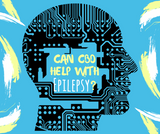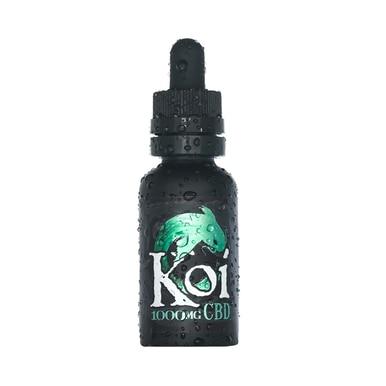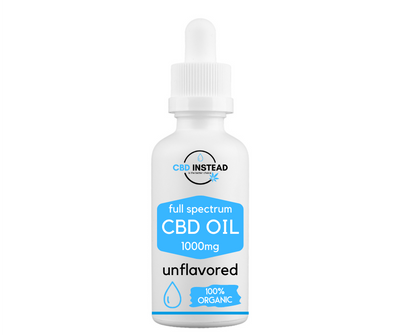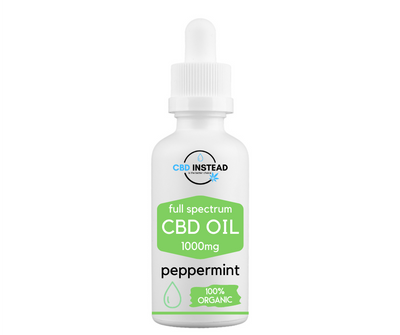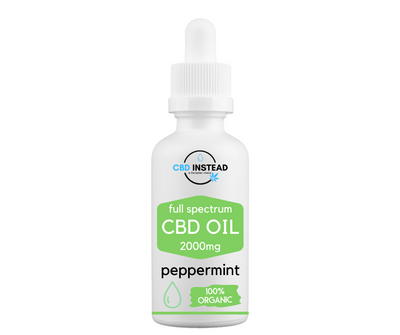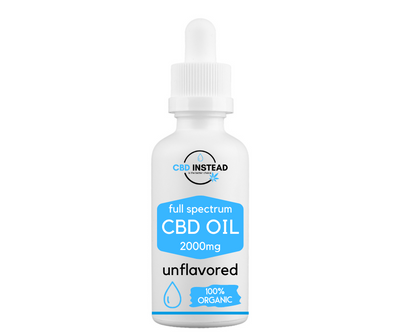Where do anxiety disorders come from? Yes, they come from trauma or constant toxic environments that cause stress. But what parts of our brain are affected? What is the chemistry behind this awful feeling of dread many can’t escape?
Anxiety disorders are troubling and often misunderstood by the people who don’t experience them, and even the people who suffer from them every day. Those on the outside looking in may just see someone who doesn’t know how to handle stress. Those who go through their days in inner turmoil see themselves as someone who can’t for a second feel anything but dread and fear. Sounds exhausting, right?

Could learning what goes on in the brain help in any way? Could knowing that your brain reacts differently help you cope with your everyday struggle? Possibly. It can also give a hint of reality to those who don’t experience anxiety the way that others do, helping them to understand it is more than just being stressed out all of the time, it is actual brain changes.
While several parts of the brain can contribute to anxiety disorders, the two main areas that have been discussed and even had recent discoveries are the amygdala and the hippocampus. Both being a part of the limbic system, they help control mood, instincts, and basic emotions.

The Amygdala
In the center of your brain, you have two almond-shaped set of neurons called the amygdala. The amygdala is believed to be the communication hub for parts of the brain processing incoming sensory signals as well as the parts of the brain that interpret these signals.
The amygdala’s job is to alert the brain when there is a threat present. A speeding car coming your way down the street? The amygdala helps you jump out of the way.
Researchers have discovered that heightened amygdala activity is related to anxiety disorders. The natural instinct to feel fear is set to overdrive, making you feel like you have something to fear even when there is no real threat present.

The Hippocampus
The hippocampus is located deep in the brain and plays a huge role in fear conditioning. Studies have suggested that damage to the hippocampus could contribute to avoidance learning, which is a considerable component of anxiety.
The Hippocampus turns threatening events into memories. People who are victims of child abuse or who have been involved in combat have shown in studies to have a smaller hippocampus. Not everyone gets PTSD from traumatic events, but researchers believe that a dysfunction hippocampus plays a role in developing the condition after a traumatic event.
A team of researchers has also recently discovered anxiety cells in the hippocampus. The team found that when mice went into an open field or in an elevated part of a maze, these anxiety neurons responded strongly.
When the research team was able to suppress these anxiety neurons in the mice, it made the mice more comfortable in unfamiliar places. And when they excited these neurons, it made the mice have anxiety in safe and enclosed spaces.
How CBD Can Help With Anxiety
Chronic stress can impair signaling in the endocannabinoid system with the amygdala and the hippocampus which can lead to anxiety disorders. Studies suggest that CBD oil can help reduce activity in the amygdala giving anxiolytic effects.
Studies have also shown that CBD may be able to help with the disturbed signaling in the endocannabinoid system involving the hippocampus. Possibly even aiding in cell proliferation, which is increasing the number of cells. More findings are requested to be conclusive, but scientists are on a hot track to discovering the ways that CBD hemp oil can help with anxiety symptoms and it causes.












